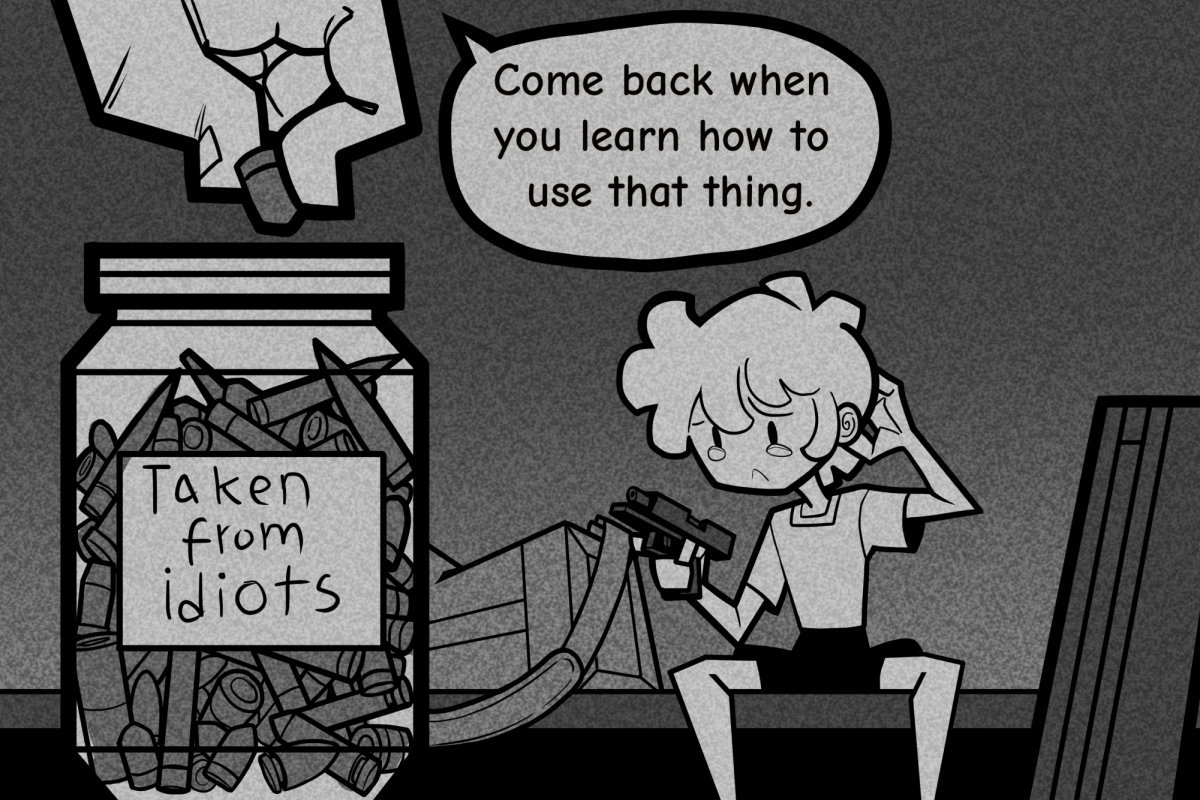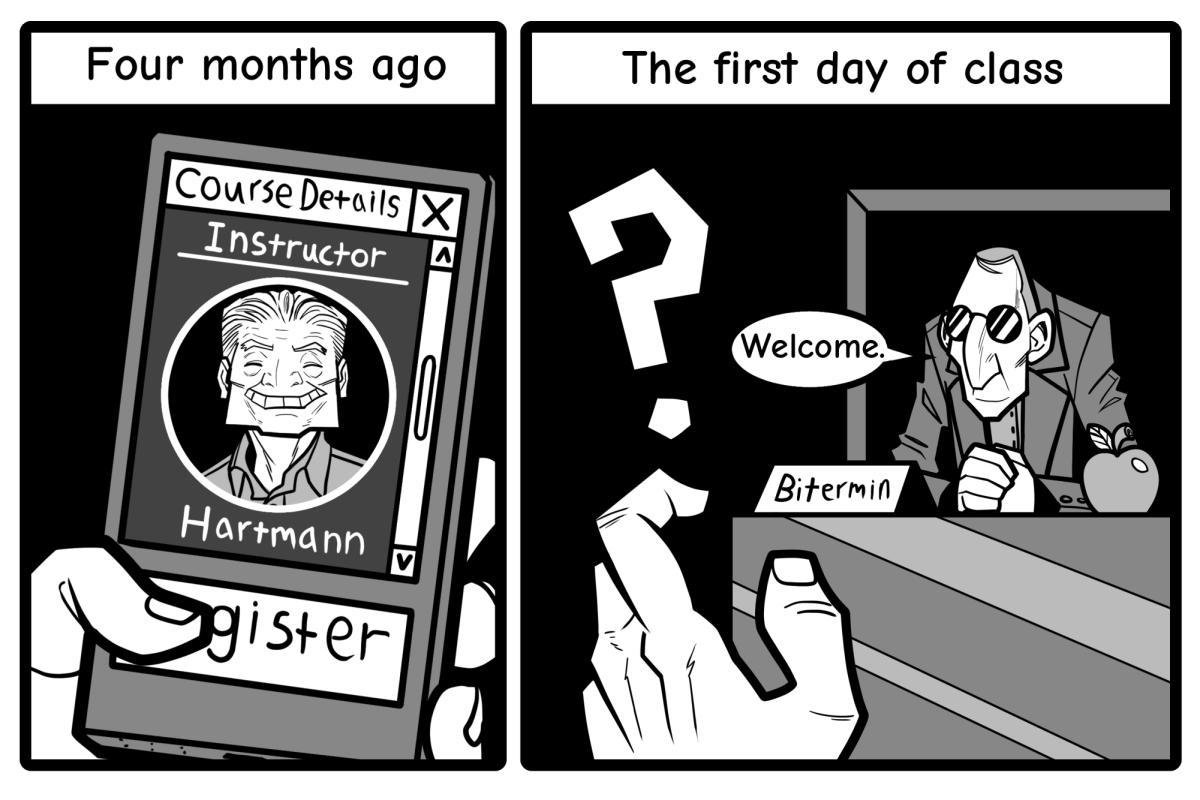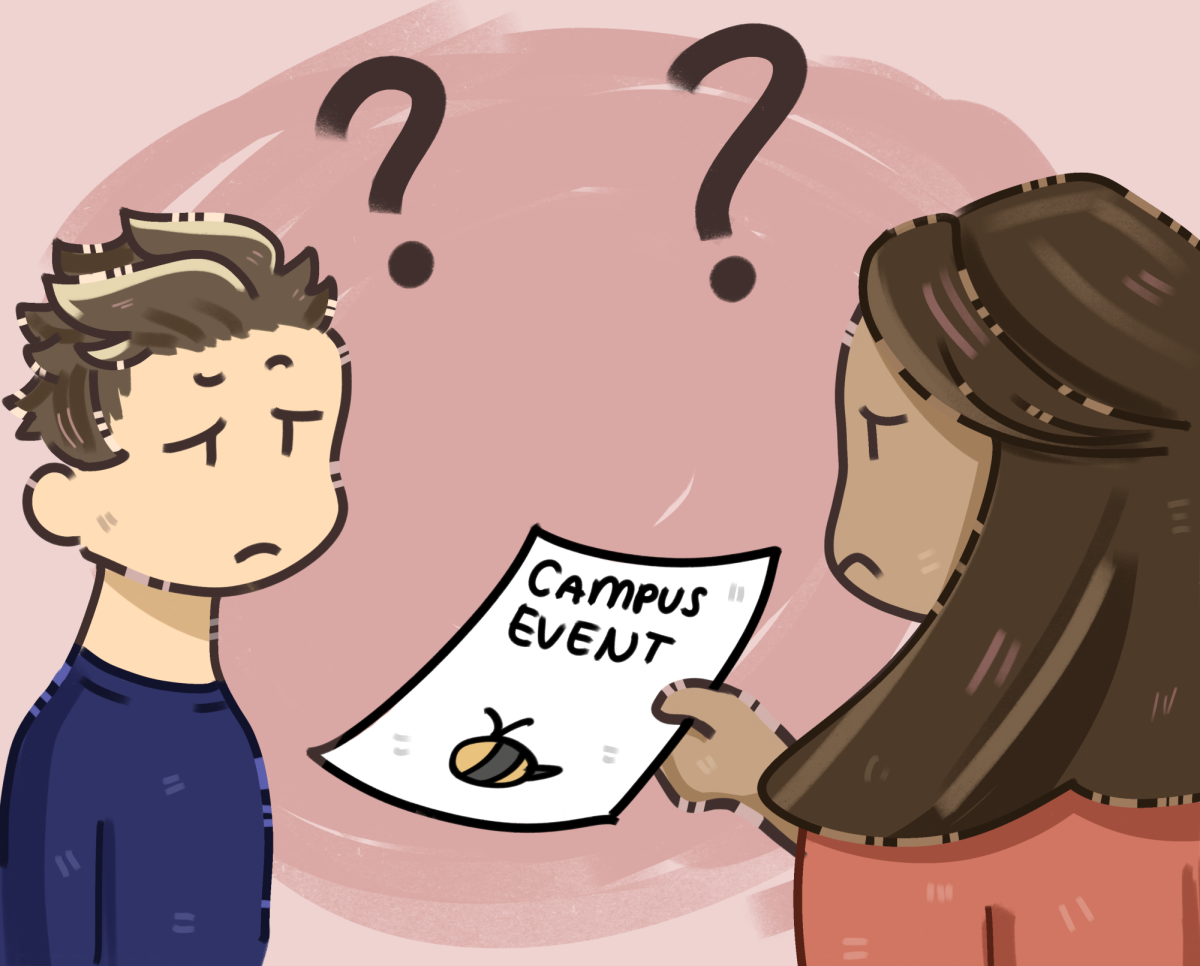 By Courteny Schwing
By Courteny Schwing
“You’re 12, how do you know what Baylor is?” my mom said.
“I want to be a lawyer,” I replied.
I had been dreaming of college since I was in the sixth grade. I had always possessed a zeal for academics. I was a scrawny and lanky kid with braces. I thought I didn’t have much in the way of looks, but I knew that I excelled where a lot of people failed, school.
Baylor changed to Rutgers, to Harvard, Cornell, Syracuse, Stanford, University of Texas, Sarah Lawrence, Boston and eventually UT-Arlington.
Attending a four-year college was my dream until I realized that transferring could be a nightmare. If you take too many classes, the institution you’re transferring to may not accept all your credits. Don’t get me started on the pre-requisites you need just to apply. Even worse is all of the deadlines that you have to meet. Generally, applications are due one semester before you plan to attend. Pay close attention to the financial aid deadline. If you happen to miss this deadline or submit your Free Application for Federal Student Aid on time but didn’t list said college, you will need to confer with a financial aid adviser and make adjustments to your FAFSA. Be mindful too that there are different application deadlines for undergraduate freshman and transfer students.
I’m a first-generation college student. I had to sort through the process of enrolling on my own. Nobody sat me down and explained all the problems that can arise from making the wrong academic moves. I had no clue where to begin. After days of research, I was able to compile a to-do list. Obtaining transcripts from my high school, getting copies of tax forms for both my parents and myself, filing for financial aid and picking all of the right classes took about four months. I almost missed the financial aid deadline.
I’ve been in college now for six years and I still don’t have a degree. Many circumstances occur within someone’s college career: job changes, family responsibilities or relocation. All can affect the momentum of transferring and graduating.
Many people have told me that transferring isn’t an issue, that it consists of three steps: retrieving your transcripts, applying for admission and getting financial aid. Unfortunately, pigs don’t fly and Hogwarts isn’t a real place (to my dismay).
I wish the process was that simple.
I frequently encourage newer students to visit an academic adviser every semester to ensure the sustainability of their credits and their transfer.
The transition from high school to college is a culture shock. Educators no longer hound you and send you reminders of your homework due dates. They don’t hold your hand and approach you when they see you struggling. Chances are the professor has at least three other classes to monitor and they probably don’t remember you.
Your college education is in your own hands, and you have to take the reins. No one is going to save you when you’re failing except yourself.
I have noticed that a lot of community colleges have started to push two-year degrees and trade programs. Oftentimes I feel that transferring to a four-year university gets tossed aside and that there is not enough financial investment put into programs for transferring. However, Eastfield College has invested its time and resources into shrinking this gap.
The TRIO Student Support Services program, a federally funded endeavor, is available upon application. The program was originally designed to help three groups: first generation college students, the economically disadvantaged and disabled students. The TRIO/SSS program has now been extended to eight programs. The college hosts transfer fairs where major universities from in and out of state gather to assist Eastfield students. Additionally, the college has begun to push the advising staff to better educate students on the importance of consulting with advisers. The college offers an Advising Week once every semester (the spring session is this week), allotting time for students to meet with advisers and make proactive choices before the next semester.
I hope that more school districts will adopt programs that educate students on the transition from high school to college. This is crucial because it can affect the rest of a student’s life. Additionally, I hope that colleges take more informative and creative routes in educating students on the process of transferring to four-year institutions.








